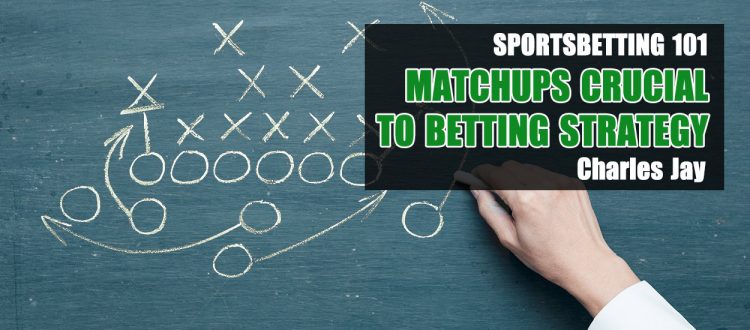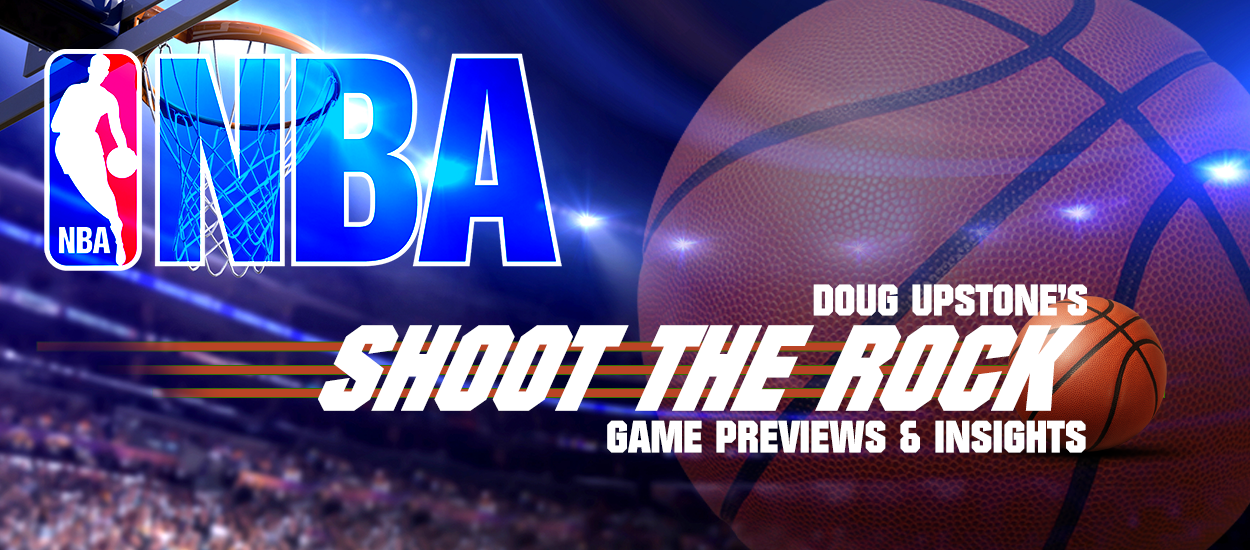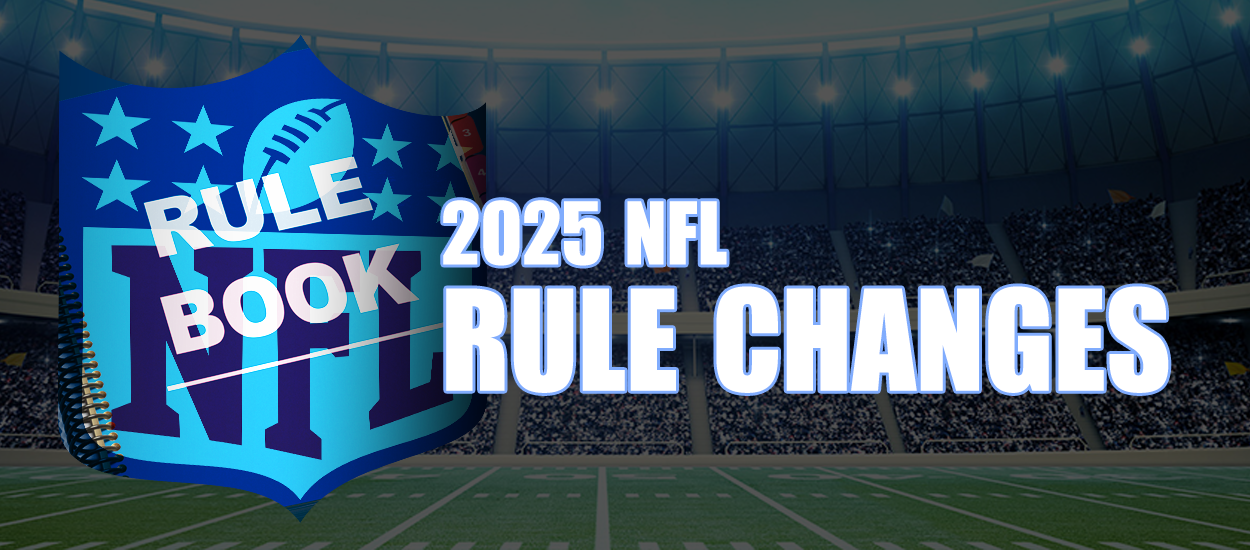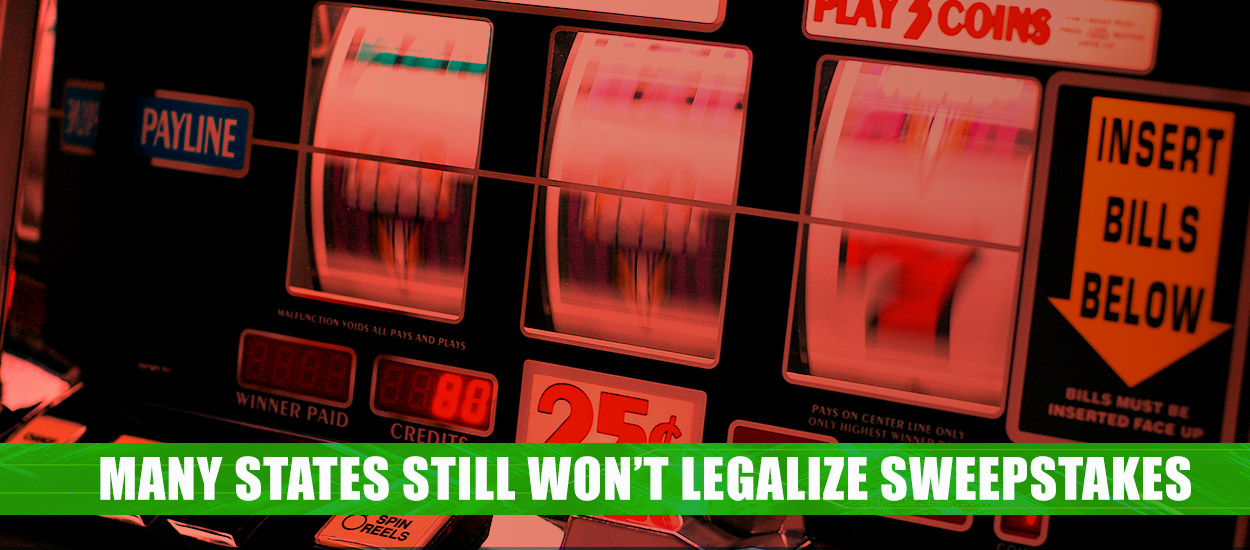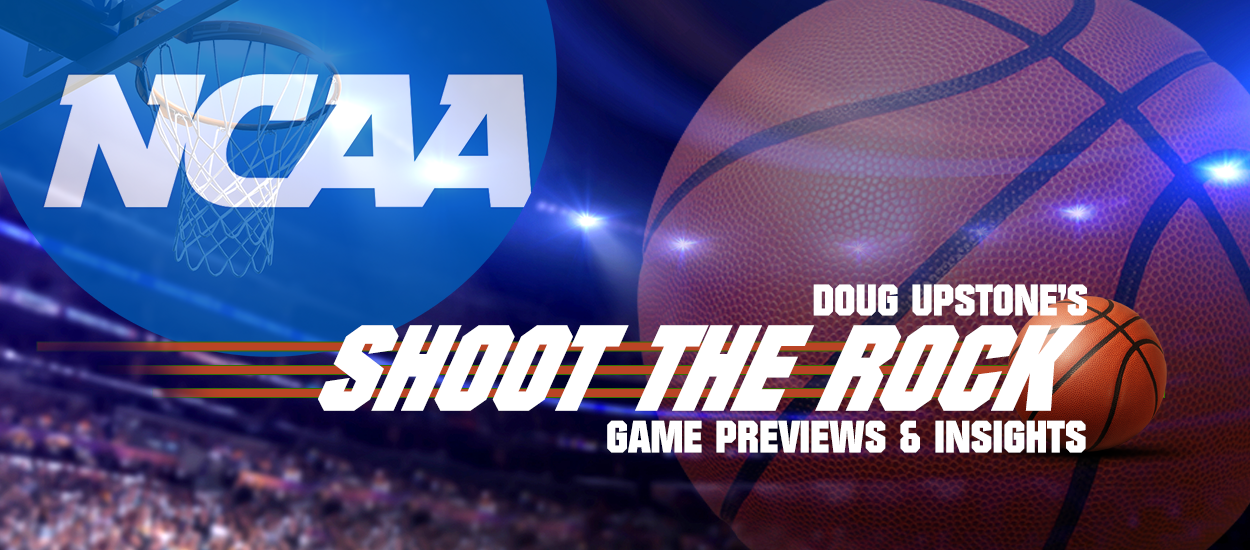The Importance of Matchups
I have said it before and I will say it again—when handicapping the NFL, there is too much nuance to reduce things to a number that is spit out by a computer. That’s not an “old-fashioned” way of looking at the matter, but instead, an approach that represents the idea that multiple elements have to be considered.
So what is it that I am looking for when I size up one of these matchups?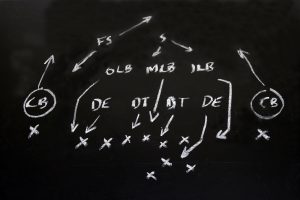
Well, it’s just that – the matchup.
I spent quite a while working in the boxing business. And one of the old adages is that “styles make fights.” It is under this principle that sometimes a fighter who doesn’t appear to have a chance can win. To illustrate, let’s say you’ve got a guy who is a very good counterpuncher. Well, if he is facing someone who comes straight forward aggressively, that might be a style that suits him, whereas if he is fighting another counterpuncher, that might put him a little off-balance and take him out of his “game.”
Matchups in Football: Strengths vs. Weaknesses
Some of this also holds true in football and could apply to other sports as well. When two teams get together it is indeed a matchup, and the object on the part of both sides involves implementing a game plan that can exploit the weaknesses of the opposite side. And if it involves something that works to the strengths of that one club, the matchup will work better for them.
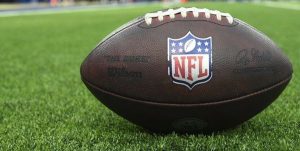 So, for example, if there is a favorite in a game that relies heavily on running the football, they will have to come up with a “Plan B” if they are going against an opponent that does an especially good job of defending the run. And since the passing game is more and more of a dominant factor in pro football, this kind of matchup doesn’t occur all that often.
So, for example, if there is a favorite in a game that relies heavily on running the football, they will have to come up with a “Plan B” if they are going against an opponent that does an especially good job of defending the run. And since the passing game is more and more of a dominant factor in pro football, this kind of matchup doesn’t occur all that often.
Remember that in this kind of strength-vs.-strength tussle, our favored team would have to do an especially good job passing the football to have a chance to cover the point spread. If that passing game is suspect – well, let’s just say you’d be looking at a “live“ dog in this situation.

Exploiting Oddsmaker Oversights
And you might expect some value out of this proposition, because it may be something the oddsmaker hasn’t figured into his formulation of the spread.
So you may find that enough of a disparity to make a move on a game like this.
And it works in different ways too.
One team may be largely superior. But they may not have a tremendous pass rush because their philosophy does not call for them to do a lot of blitzing. The opposing team might not possess a good defense or running game, but they have a quarterback who has shown that he is especially strong in getting the ball “down the field,” an exercise for which he needs extra time to let his receivers get into their patterns.
So one philosophy may work very well when matched with another, and the result may overcompensate for shortcomings a team may have in other areas.

